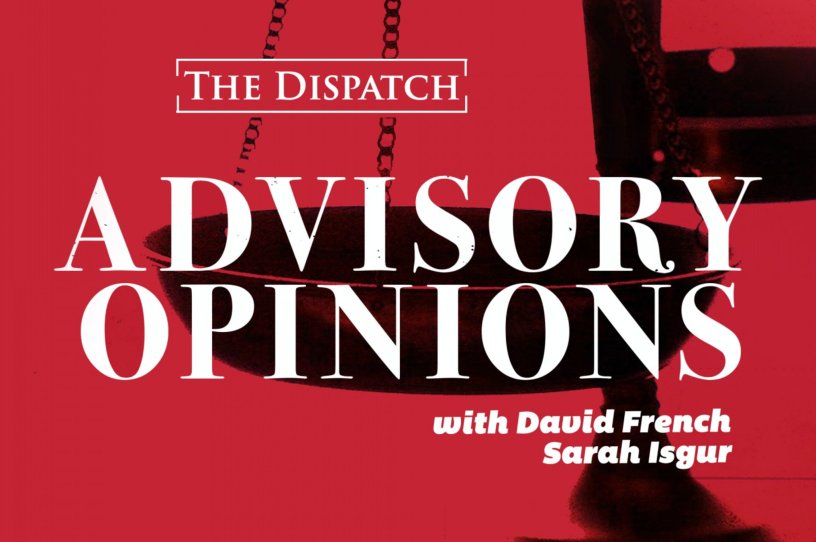Ultimate Supreme Court Nerdery Part II

David and Sarah finish their preview of a number of upcoming Supreme Court decisions from the Consumer Financial Protection Bureau to DACA and the Title VII cases. The two also discuss the debate over moves to expand vote by mail, and the new Hulu miniseries Mrs. America.
Show Notes:
–A Guide To the 10 Biggest Supreme Court Cases of This Term
–A Glossary of Important SCOTUS Terminology
See omnystudio.com/listener for privacy information.